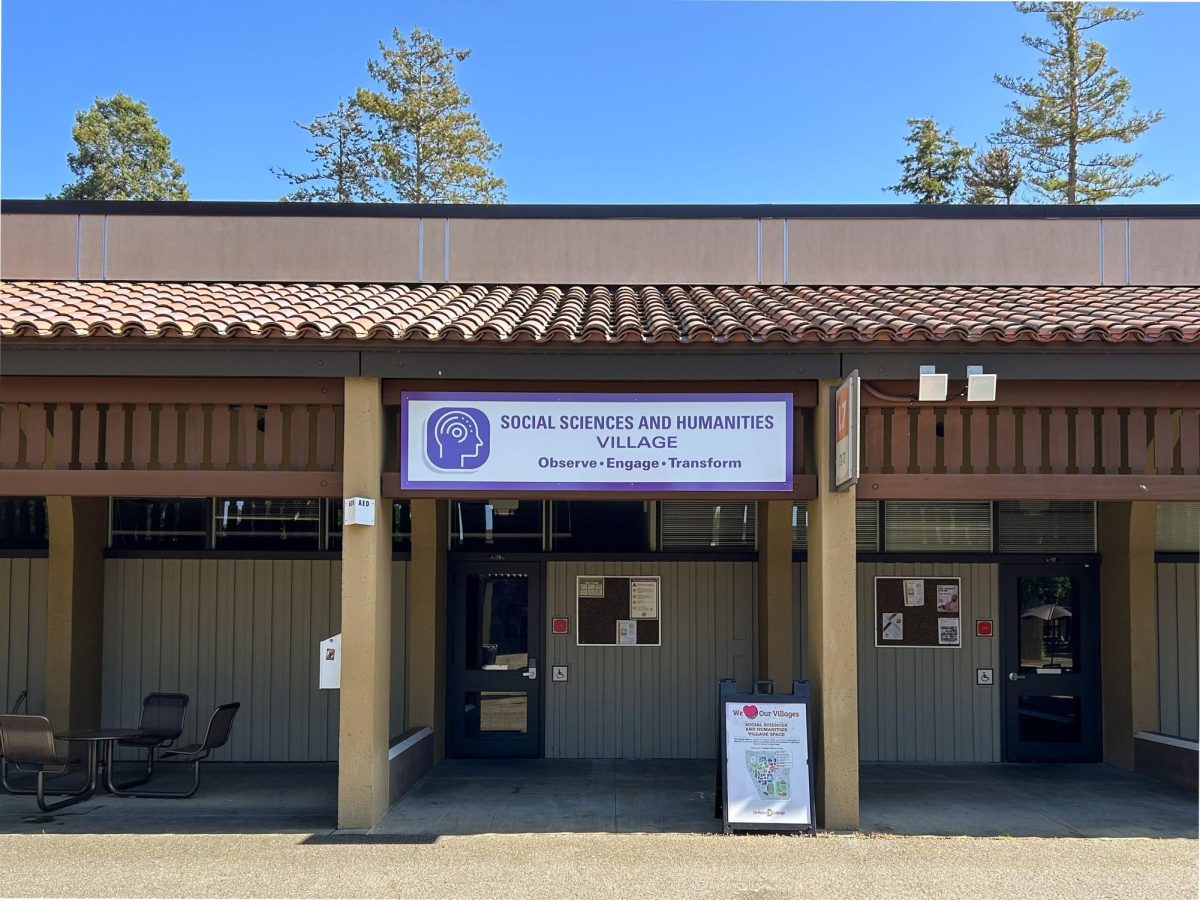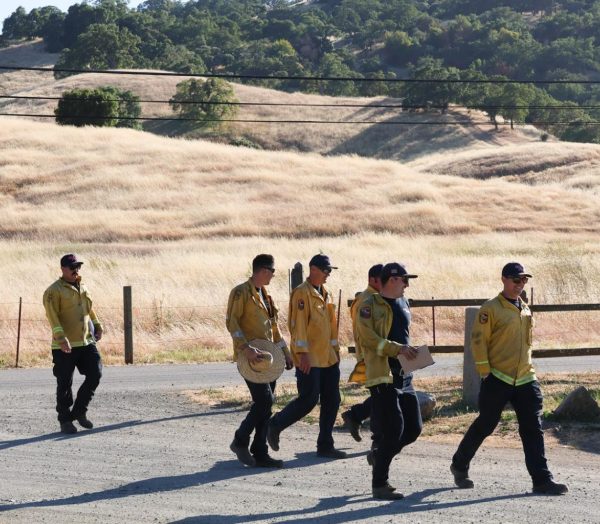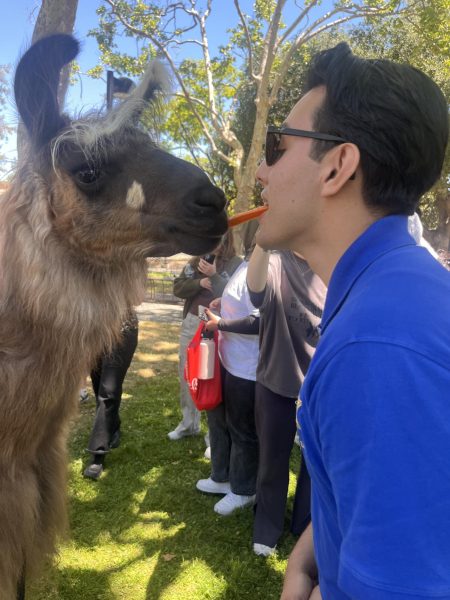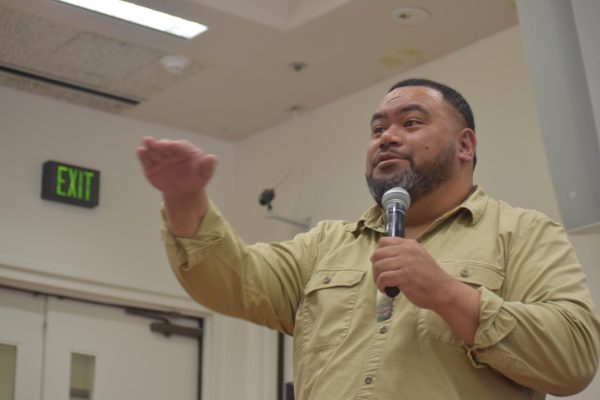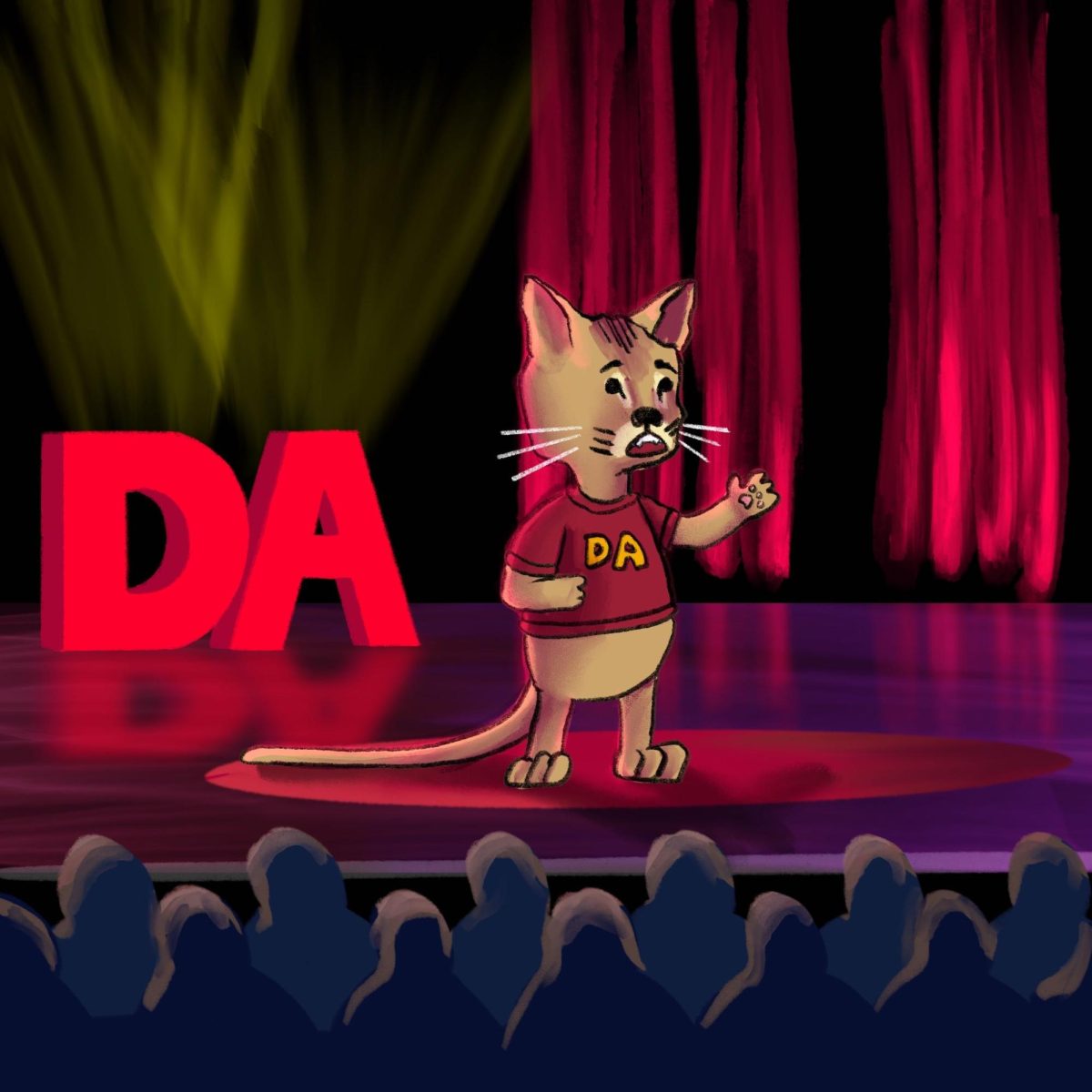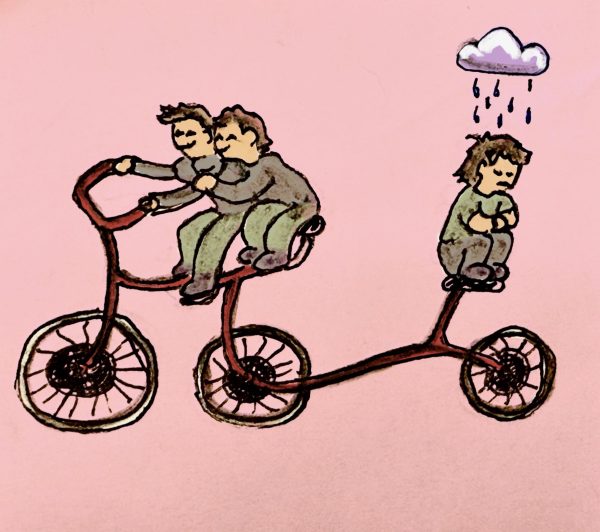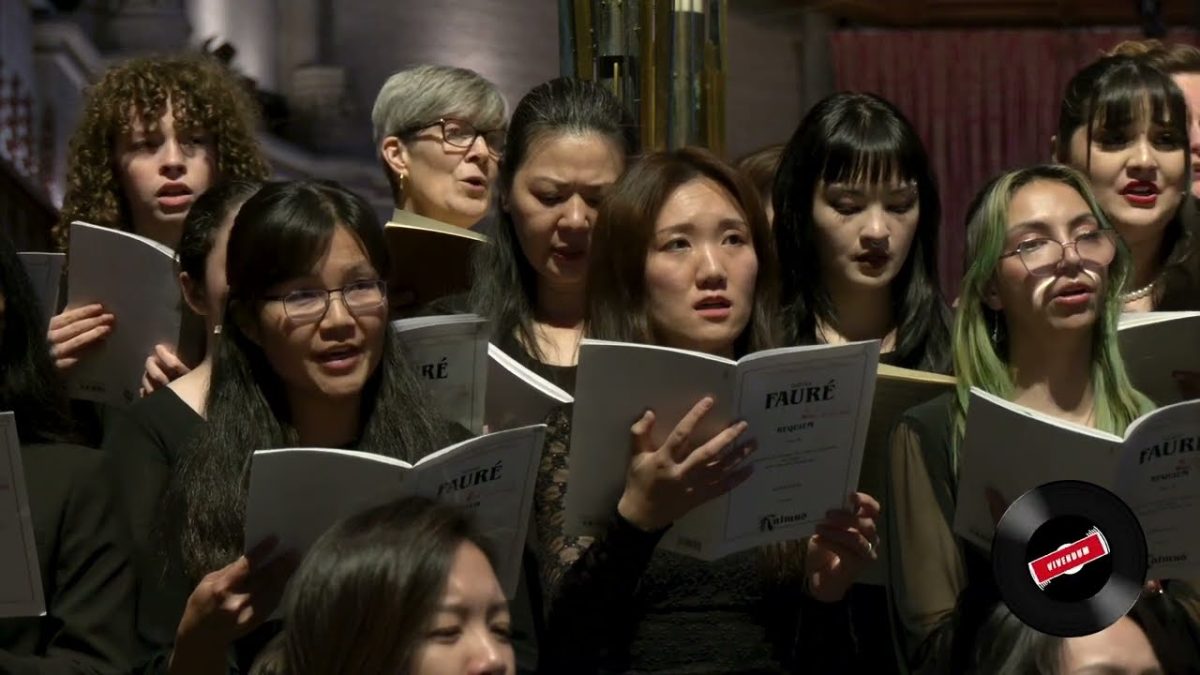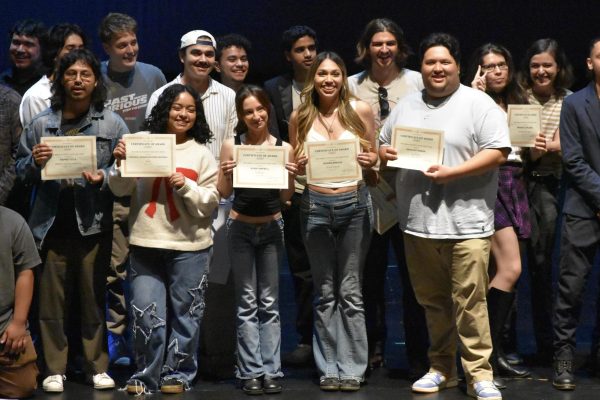De Anza College expands non-credit courses for upcoming winter quarter
De Anza College expands its non-credit courses for winter quarter 2021.
November 23, 2020
With additional courses in the auto-tech and ESL departments, De Anza College is expanding its non-credit course offerings this winter quarter.
In a non-credit course, students do not receive college credit but are not required to pay for the class and can repeat it as many times as they want.
The auto-tech department started offering these non-credit courses two years ago.
“We wanted to create opportunities for students,” said Randy Bryant, dean of the CTE department. “For a whole mass of students that are trying to get by in Silicon Valley, we can remove the burden of paying for the classes, and that helps a lot.”
The English as a second language department had similar motivations to offer non-credit courses.
“We felt the need to reach out to more students in the community,” said Iva Tracey, ESL instructor and adviser to the non-credit program. “Especially students who might not have the financial means but just want to improve their language skills.”
Non-credit courses target the underserved student populations of De Anza, those who are not quite ready for college level English and math but want to try college courses, and life-long learners, said Dave Capitolo, auto-tech instructor.
In the auto-tech department, the non-credit enrollments of fall 2020 composed 15% of the department’s overall enrollment.
Instructors said non-credit enrollment is popular in the auto-tech department because of the smog training classes.
“The smog area is really the only part of our industry that requires a license in order to do the rest of the industry,” said Capitolo.
While many private courses cost close to $2,000 for smog certification, De Anza’s non-credit courses are tuition-free.
“It’s a great opportunity for someone to advance, or maybe already in the program working as a technician that wants to get a smog license, but can’t afford to do it,” said Bryant.
Removing the financial barrier was also one of the ESL department’s goals in offering non-credit classes.
“We think that maybe some students aren’t taking classes because it is expensive or maybe because they need to work and get enough money,” said Kathy Flores, ESL instructor and department chair. “If we eliminated the financial stipulations, maybe they wouldn’t have to work so much, then that would incentivize them to start to learn about college.”
Instruction in non-credit classes is identical to the credit classes because credited and uncredited students are taking the same class. The different departments choose how to balance the enrollments of the two types of students in a particular class.
Currently, the auto-tech department is offering 28 different non-accredited courses.
The ESL department has three non-credit courses open for winter 2021 with five slots for non-credit, and hopes to add more in the future.
“By allowing students that don’t have resources to come to school, De Anza is making a great statement for equity,” Bryant said.











